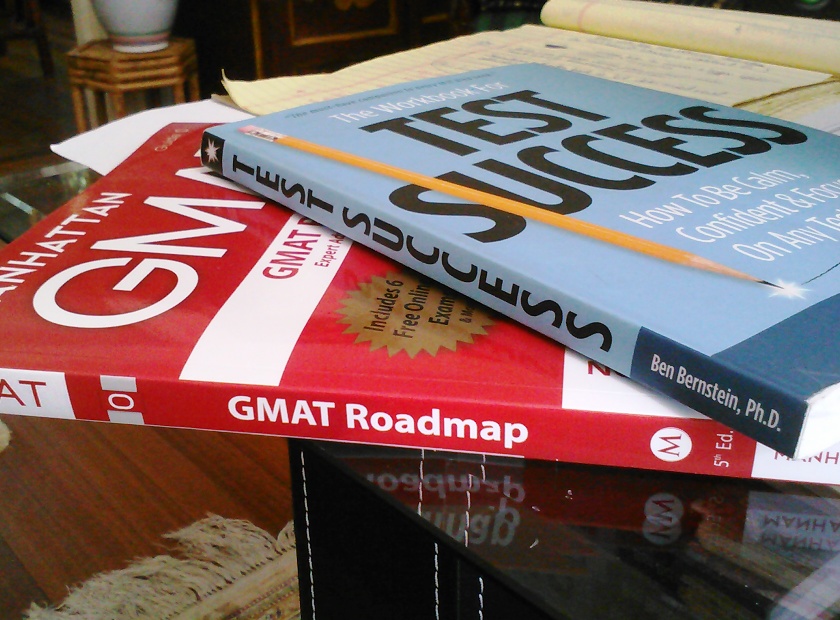
REVIEWS AND RATINGS – ARE THEY TRUE?
I’ve been thinking and talking with other admissions consultants about how applicants find us. Lately many potential candidates have found me, or my firm, Master Admissions, from the consultant directory in the website Poets and Quants. If you came from there, WELCOME.
I bet you read all those nice things people said about me, and you are wondering if they are true. Like when you ask for your letter of recommendation, course you only ask those who are in your corner. And that’s true in my case. And no, I didn’t write it for them; that would be bad. My colleagues over at Menlo Coaching wrote a detailed article about making sense of reviews, and they do have a point: not all glowing reviews are created equal. They point out some of the more hilarious review fails, so do click the link for a laugh. But more seriously, even with verified reviews, rankings of the “Best Consultants” are not all what they seem.
Too Many Candidates?
Personally, I get confused when someone has so many reviews, all in a short period of time. I know how long it takes to work with a client, and to get them all set up for a great submission. That limits the number of students any individual can work with in any given round. Personally for me, I feel like my head will explode if I take on more than 12 or 13 students. Some other consultants are more efficient than I am, surely. But watch out for those who do 50 or more a year — they’re either exaggerating or letting someone else do the work and taking credit for it.
Other things to watch out for are “form letter” reviews, which is really no better than writing your own Letter of Recommendation. Or just made up stuff; sadly, a few of those slip through.
How to Decide
One of the best ways is to use your own critical thinking skills – something you’ll be asked to do with regularity at business school. Give yourself a reality check – does it all add up? Even if it does, do your research – check them out online – on LinkedIn for example, find out if they have another full-time job, or if their experience at a famous consulting firm was just a college summer internship. Also, see if they’ve established themselves, either as a writer, or speaker, or an authority in any way on admissions.
Once you’ve established that the consultant is credible, then consider question of big vs. small firm. Like it or not, big firms are about the bottom line. They have marketing staff, business development staff, all kinds of other overhead that you pay for. Smaller firms might have less breadth, but remember, the consulting relationship is with just one person.
It’s about the Relationship
I’m going to argue for the smaller firm, because, hey, that’s what I run. Also because of one big reason: we have just as many resources as the big firms. When I have a question that my colleague Frances cannot answer, I ask other consultants in my network: we are a community! I’ve got certain experiences in my background that I like to share; my friends in other industries can offer their advice as well. We sometimes offer mock interviews for each other, since by the time the candidate has submitted, I’m not exactly an objective interviewer!
The reality is that it is a very personal choice. Some consultants on their first call will tell you exactly what you want to hear. Others will be like Sandy in the Poets & Quants videos: You’ll never get in anywhere! And then there are those of us who will give you our honest-yet-hopeful best assessment. Let’s face it, this is a relationship, and when looking for a consultant, do your homework, find the personal connection, be honest with yourself. If it seems too good to be true, it probably is. And if it feels right, go for it.






